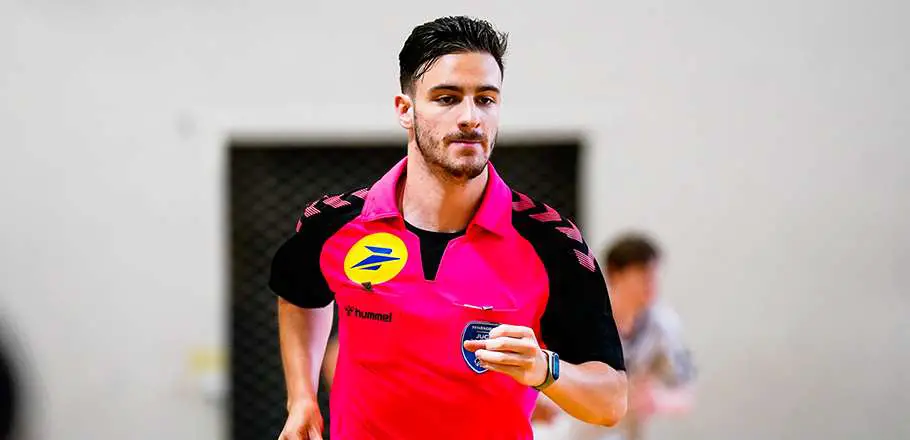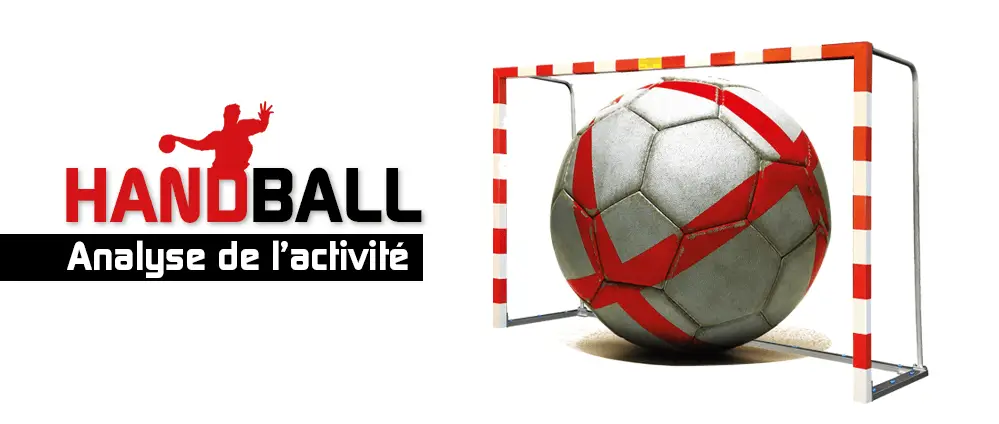From the age of 13, it is possible to become an official referee. To do this, it is necessary to be licensed by the French Football Federation and to follow theoretical and practical training on the laws of the game. Young referees will need parental authorization. Here are the steps to follow to become an official referee:
– Obtain your license from the French Football Federation.
– Follow theoretical and practical training on the laws of the game.
– Obtain parental authorization if you are a young referee.
Once these steps have been completed, you will be able to work as an official football referee.
How do you become a football referee?
The remuneration of football referees is made up of a fixed monthly portion. Federal referees receive a preparation allowance of 6,497 euros gross, while “Elite” assistants receive 4,188 euros and “non-Elite” assistants receive 2,291 euros.
The choice of referees is made ensuring that their number is odd. The Arbitration Commission appoints the sole arbitrator or the president of the arbitral tribunal, or the entire arbitral tribunal in the case of a multi-party arbitration. This designation may be made at the suggestion of the parties or the chosen arbitrators.
Didier Deschamps, according to figures published by Dutch media Zoomin TV in 2018, would receive a salary of 3.4 million euros (excluding bonuses) from the French Football Federation.
Anyone can legally become an arbitrator, as firm founder Clay Arbitration says. The only requirement is to be a natural person, but this only applies to internal arbitration, which is accessible to everyone.
To become an official referee in Morocco, you must be represented by a club and pass a theoretical and practical exam. High-level referees must also complete a DU in High-Level Sport and Arbitration. There are several sports federations and clubs in Morocco.
To start officiating as a referee, it is necessary to be licensed by a club or independent. An initial 24-hour training course must be followed and validated by a first written theoretical exam. Then, the referees are evaluated on the field during their first matches.
To become a football referee, it is recommended to be between 15 and 40 years old. Candidates must pass an exam, be presented by a club and undergo theoretical, technical and practical training.
Why is there a referee?
Assistant referees, also called linesmen, have the main job of determining whether the ball is out of play or not. It is important to remember that when there is a touch or go out of goal, it means that the ball is completely out of bounds.
The referee is responsible for the validity of a match or sports competition. He ensures compliance with the rules of discipline and can sometimes impose sanctions on players. Its decisions are made impartially, without favoritism.
To become a referee, you must complete theoretical and practical training on the laws of the game in your department. You must also pass a theoretical exam on these laws. Then, by being tutored by an official referee, you access the practical part by refereeing a match or judging throw-ins.
VAR (video referee assistance) has been used on a massive scale since its introduction in 2017 during the Confederations Cup. It will be at the heart of the Euro 2021 matches which will begin on June 11.
It is possible to build a real career as a referee, whether at district, league or national level. The more we progress, the more we referee at an interesting level! As is often said: “If sport was not invented by referees, there can be no sport without referees!” “.
How to referee a handball match?
– Goalkeepers can take possession of the ball at any time, except when the opponent is approaching.
– In handball, important matches are directed by two referees and assisted by two officials.
– A basketball team is made up of 5 players in uniform ready to play.
– Handball is played with 2 teams of 7 players each on a rectangular field measuring 40m by 20m.
– The 7 meter throw is a sanction for a foul committed with the aim of avoiding a goal or endangering the safety of a player.
– The duration of a senior handball match is 60 regulation minutes, followed by two extensions if necessary.
– The handball court is 40 meters long and 20 meters wide.
– A match between two teams takes place in two 30-minute halves, separated by a 15-minute break.
What is the minimum number of players to start a handball match?
A handball team is made up of a goalkeeper and six outfield players, generally divided into wingers (right and left), backs (right and left), center half (or full back) and pivot. There is no limit to the number of replacements.
When a player moves to counter or neutralize, he must not remain suspended on the field but must descend diagonally towards the future ball carrier to help his teammate who will go so far as to block him. The greatest danger occurs when moving up to neutralize or counter.
To put your hand in play, you must place one foot on the touchline from where the ball came out (otherwise a free kick for the others).
It is permitted to throw, grab, stop, push or hit the ball using the hands (open or closed), arms, head, trunk, thighs and knees. You can hold the ball for a maximum of 3 seconds and take 3 steps or 4 presses maximum with the ball (otherwise “walk”).
Principles to remember:
– The pivot is positioned between defenders 1 and 2 on the outside side at number 2.
– The center half crosses with the left back who fixes the number 3 as high as possible.
– On the pass between the left back and the right back, the center half enters as a second pivot behind the back of number 3.
In handball, a penalty is called a 7 meter throw, equivalent to a penalty in football. This is a penalty shot ordered by the referee in the event of a team fault. The only difference is that in handball it can be awarded for a foul committed anywhere on the court.
The word “handball” is of Germanic origin: Hand means “hand” and Ball means “balloon.


